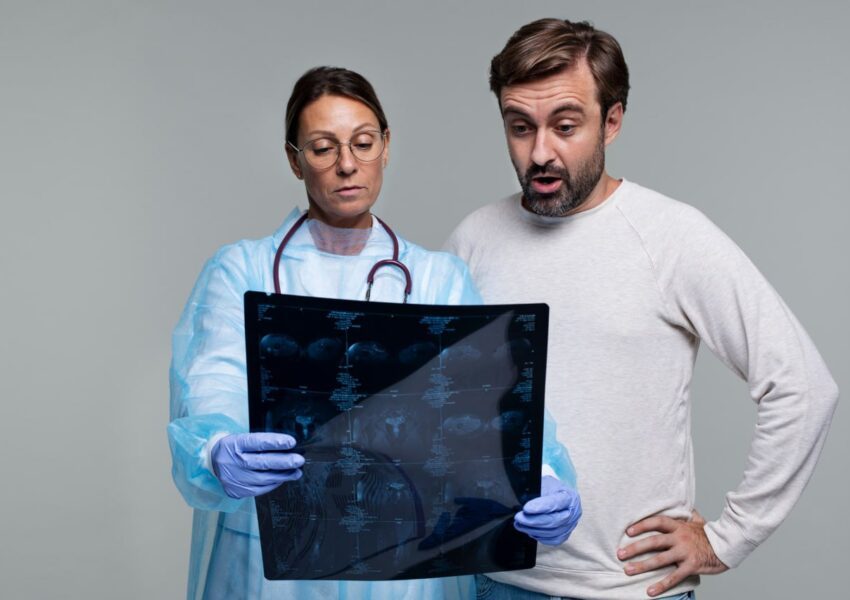
Views: 727
How to prepare for FRCR Part 2B? Expert tips & strategies for aspiring radiologists
The Fellowship of the Royal College of Radiologists (FRCR) is a highly prestigious qualification in the field of radiology. It is essential for those aspiring to practice as consultant radiologists in the UK. The FRCR examinations are designed to test the clinical knowledge, diagnostic skills, and professional competence of radiologists.
Format of FRCR exam
The FRCR Part 1 exam is the initial assessment that tests the candidate’s basic knowledge and understanding of clinical radiology. FRCR Part 2A is the second hurdle that you need to clear to achieve the RCR Fellowship. This written exam tests the aspirant’s knowledge and problem-solving skills in clinical radiology at an advanced level. FRCR 2B, the final hurdle, is the most challenging and comprehensive part of the FRCR examination.
Concentrating on FRCR 2B
The final part, FRCR Part 2B, is designed to evaluate the candidates’ practical skills in interpreting imaging studies, making diagnoses, and providing appropriate clinical recommendations. The assessment includes three components: the Reporting Session, the Rapid Reporting Session, and the Oral Examination.
Tips & strategies
Structured study plan: Make a comprehensive study plan that covers all topics. Allocate time for each section and stick to a consistent schedule to ensure thorough preparation.
Rapid reporting books: Consider these highly recommended rapid reporting books such as ‘Get Through FRCR Part 2B: Rapid Reporting of Plain Radiographs’ written by Sharma and Balan, and ‘Paediatric Radiology, Rapid Reporting for FRCR Part 2B’ by Michael Paddock and Amaka C. Offiah. Additionally, ‘Accident & Emergency Radiology’ by Nigel Raby is crucial for foundational knowledge and should be included early in your preparation.
Consistent practice: Regular practice is essential for success. Utilise available resources like mock exams, past papers, and online platforms to simulate exam conditions.
Peer study groups: Develop or join study groups with peers. Discussing cases, sharing knowledge, and receiving feedback can improve understanding and identify weak areas.
Seek guidance: Do not hesitate to seek guidance from senior radiologists or experienced tutors. They can share valuable insights and feedback on your approach to learning and test-taking strategies.
Exam-taking techniques: Focus on exam-taking techniques, such as structuring reports clearly, prioritising major findings, and effectively communicating during oral exams.
Preparing for the FRCR exams can sometimes feel isolating. For a personalised approach to your preparation, explore the range of courses offered by StudyFRCR, a sister concern of StudyMEDIC academy. Contact our StudyFRCR team today and take the next step toward your success.
By : rasheedaav


